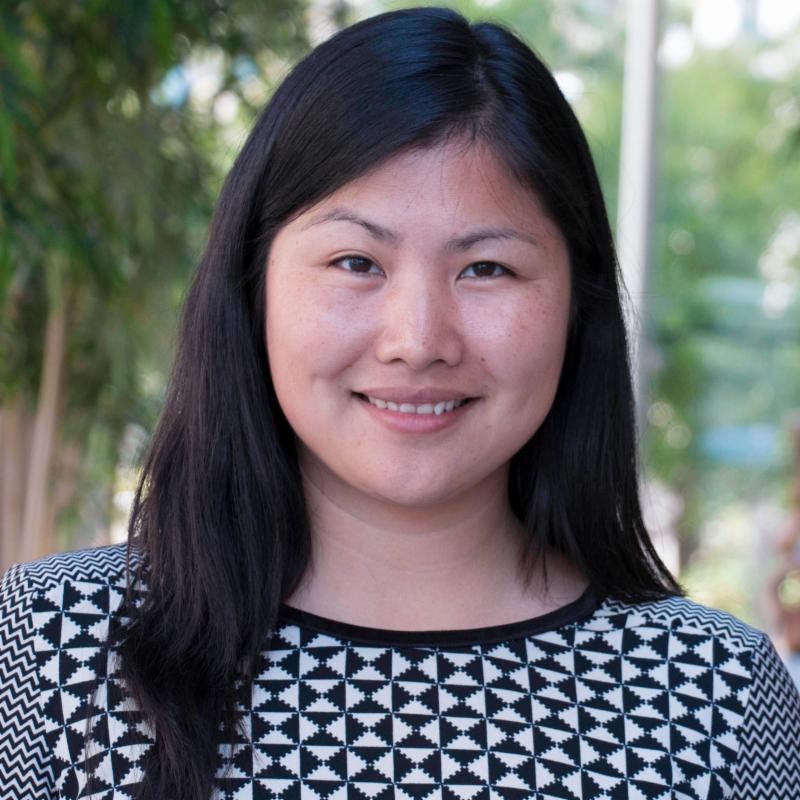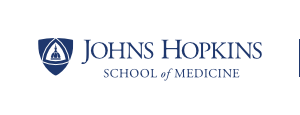JHSPH Alumni Profiles
Dr. Christine Fu, PhD
 Dr. Christine Fu received her PhD from the Bloomberg School of Public Health in the Department of Health, Behavior and Society in 2011. She is an applied researcher, working across the humanitarian-development continuum with international NGOs, the Red Cross, academic research institutions, private sector, UN and World Bank. Dr. Fu has conducted research and evaluation in the areas of sexual and gender-based violence, child protection, livelihoods, maternal and child health, education, disaster and psychosocial support, disaster response, preparedness and risk reduction and climate change. Most recently, Dr. Fu was the Senior Orphans and Vulnerable Children Research and Evaluation Advisor for the USAID Global Health Fellows Program II. Dr. Fu is currently a Senior Evaluation Officer for UNHCR, the UN Refugee Agency in Geneva, Switzerland.
Dr. Christine Fu received her PhD from the Bloomberg School of Public Health in the Department of Health, Behavior and Society in 2011. She is an applied researcher, working across the humanitarian-development continuum with international NGOs, the Red Cross, academic research institutions, private sector, UN and World Bank. Dr. Fu has conducted research and evaluation in the areas of sexual and gender-based violence, child protection, livelihoods, maternal and child health, education, disaster and psychosocial support, disaster response, preparedness and risk reduction and climate change. Most recently, Dr. Fu was the Senior Orphans and Vulnerable Children Research and Evaluation Advisor for the USAID Global Health Fellows Program II. Dr. Fu is currently a Senior Evaluation Officer for UNHCR, the UN Refugee Agency in Geneva, Switzerland.
I serve as the evaluation manager for global/organization-wide evaluations as well as regional/country-level or thematic evaluations. My responsibilities include drafting terms of reference, selecting evaluation consultants/firms, conducting evaluation quality assurance of inception and evaluation reports, technical reviews of research involving forcibly displaced people, going on missions to support evaluation design and data collection and developing training content to build evaluation capacity within the organization.
It was quite a smooth transition because I had been consulting during graduate school and keeping abreast of developments in the sector area of interest.
The program provided strong training in quantitative data analysis and research methods. The PhD program also helped me understand how to frame research questions and develop a process for answering those questions, depending on the level of rigor required.
I found my position online through communities of practice and other job platforms directly relating to development and humanitarian emergencies.
This may be outdated but junior-level development program/technical staff working internationally in a developing context make around $40-45k, program/technical staff with 4-5 years of field experience make $50-60k, midlevel program/technical staff with 7-10 years of experience probably make around $60-80k and senior program/technical staff with 10+ years make $90-100+k. Salaries depend on the sector. Humanitarian agencies pay lower than development agencies. Management salaries have higher pay levels than technical sector staff. Titles don’t always correspond with salary.
If you work for an INGO, USG or UN, you get a lot of non-salary benefits, such as free housing/housing allowance, educational assistance for children to attend private school, great international health care coverage, paid home leave, allowance for dependents, danger pay, rest and relaxation paid leave every 4-6 weeks depending on the post location, etc.
Network, do informational interviews, attend job fairs and conferences held by professional associations; plug into communities of practice in the area of interest.
Thank you again to Dr. Christine Fu for her time in conducting this informational interview.
This interview was conducted by Julie Nadel, PhD, in collaboration with the Professional Development and Careers Office at the Johns Hopkins School of Medicine.
